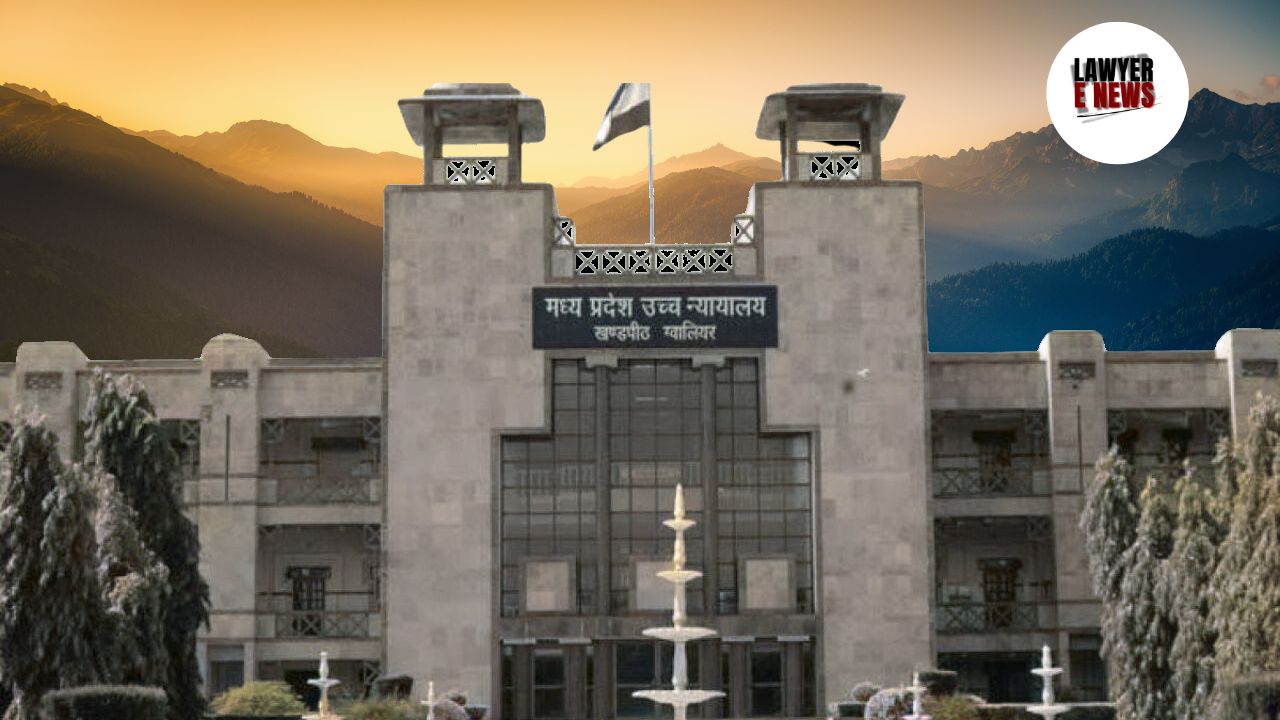-
by Admin
15 February 2026 5:35 AM



High Court quashes FIR against gynecologist, emphasizing the stringent proof needed for criminal prosecution of medical professionals. In a significant ruling, the High Court of Madhya Pradesh quashed the FIR and subsequent criminal proceedings against Dr. Asharani Jain, a senior gynecologist, accused of medical negligence under Section 308 of the Indian Penal Code (IPC). The court underscored the necessity of establishing a high degree of negligence, akin to recklessness, to sustain criminal charges against medical professionals.
The case originated from an incident on December 27, 2016, when Dr. Asharani Jain operated on Smt. Preeti Nema at the Government Hospital in Shujalpur. Following the surgery, Preeti experienced severe complications, and a subsequent operation revealed a sponge left inside her abdomen. This led to the filing of an FIR against Dr. Jain on March 31, 2017, under Sections 269, 336, 337, and 308 of the IPC. Dr. Jain contested the charges, arguing that the negligence could not be conclusively attributed to her, given the lack of definitive evidence about when the sponge was left in the patient's body .
Medical Evidence and Expert Testimonies: The High Court noted that a Medical Board formed as per a prior court directive could not conclusively determine whether the sponge was left during Preeti's first or second surgery. The report highlighted that a sterilized sponge might remain in the body for years without causing immediate issues but could lead to complications after subsequent operations .
The court extensively discussed the principles laid out by the Supreme Court in "Jacob Mathew v. State of Punjab," emphasizing that for medical negligence to amount to a criminal offense, the negligence must be gross, reflecting a significant departure from standard medical practice. The court reiterated that mere errors or lack of utmost skill do not constitute criminal negligence .
Justice Subodh Abhyankar remarked, "The element of mens rea must be shown to exist for an act to amount to criminal negligence. The degree of negligence should be much higher, i.e., gross or of a very high degree. Negligence which is neither gross nor of a higher degree may provide a ground for action in civil law but cannot form the basis for prosecution" .
The High Court's ruling highlights the judiciary's cautious approach towards prosecuting medical professionals, emphasizing the need for substantial and clear evidence of gross negligence. This decision reinforces the legal protection for doctors, ensuring that only cases of significant and evident negligence lead to criminal liability, thereby allowing medical professionals to perform their duties without undue fear of legal repercussions.
Date of Decision: May 6, 2024
Dr. Asharani Jain v. State of Madhya Pradesh
